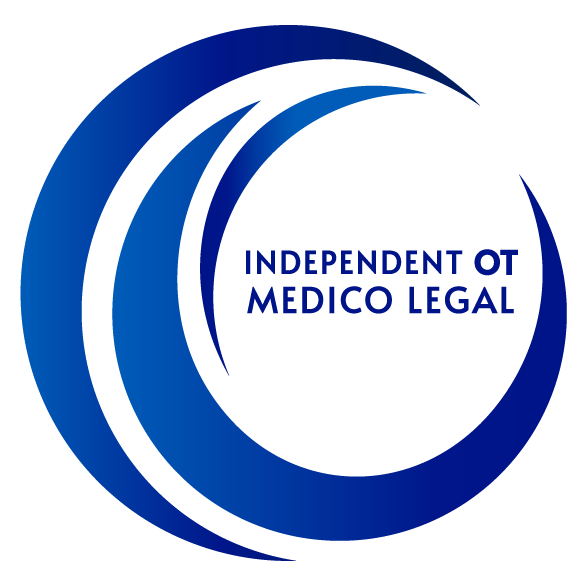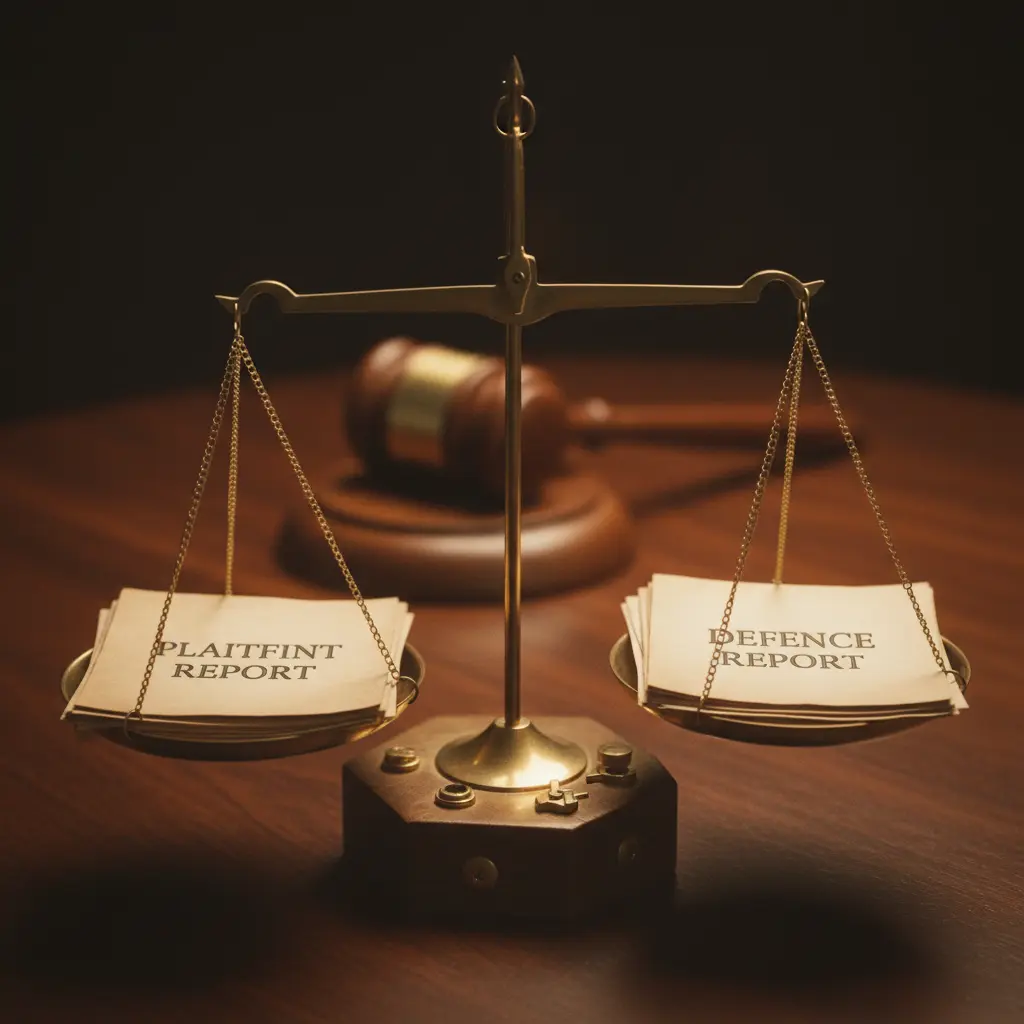I know I have a problem and know what the rehab strategies are to remedy it, so why can I still not control my behaviour and reactions?
If you’re living with the effects of a brain injury or a psychological injury, you might know this feeling all too well: you understand the challenges you’re facing. Perhaps your therapists and doctors have helped you identify them clearly. You might even have a list of strategies and tools designed to help you manage. Intellectually, you get it. Yet, putting those strategies into consistent action can feel like an uphill battle, leading to immense frustration.
This is an incredibly common and understandable experience, especially when your brain or emotional well-being has been impacted. The answer often lies in how awareness works and the specific ways an injury can affect it. It’s not just about knowing; it’s about different depths of awareness that truly drive change.
Understanding Awareness: More Than Just Knowing
Experts often talk about three key levels of awareness. Understanding these can help you see where the disconnect might be happening, particularly in the context of a brain or psychological injury:
Intellectual Awareness: “I know that…”
This is where you are now. It’s the ability to understand, on a factual level, that an injury has caused certain difficulties and that specific strategies can help.
- For Brain Injury: You might know that your memory is weaker since the injury, and that using a diary is a helpful strategy. Or you understand that fatigue is a major issue and pacing activities are important.
- For Psychological Injury: You might know that certain situations trigger your anxiety, and that deep breathing exercises are a recommended coping mechanism. Or you recognise that negative thought patterns are part of your depression and that cognitive restructuring techniques are useful. This level of awareness is a vital first step, often achieved through education from your rehabilitation team. However, an injury can make it difficult to move beyond just knowing, because the parts of your brain responsible for applying knowledge might be affected.
Emergent Awareness: “I know as…”
This is about recognising a problem as it is happening in real-time.
- For Brain Injury: This means noticing you’re starting to get overwhelmed in a noisy environment in that moment, or realizing you’re struggling to find words as you’re speaking. Cognitive changes like reduced processing speed or difficulty shifting attention can make this in-the-moment recognition much harder.
- For Psychological Injury: This is noticing the physical signs of a panic attack (e.g., racing heart, shallow breath) as they begin, or recognising that your thoughts are starting to escalate as this process begins. When strong emotions or trauma responses are activated, they can sometimes overshadow your ability to observe what’s happening objectively. Without emergent awareness, you might only realise you needed a strategy after the difficult moment has passed, making it hard to intervene effectively.
Anticipatory Awareness: “I know before…”
This is the most advanced level, involving predicting that a problem is likely to occur before it does, allowing you to use a strategy proactively.
- For Brain Injury: This could be recognising that a long shopping trip will likely lead to cognitive fatigue and sensory overload, so you plan to go for a shorter time or during a quieter period. Executive functioning challenges (e.g., planning, foresight) common after brain injury can significantly impact this ability.
- For Psychological Injury: This might mean anticipating that an upcoming anniversary related to a traumatic event will be difficult, prompting you to schedule extra support or plan calming activities in advance. When dealing with conditions like PTSD or severe anxiety, it can sometimes feel like triggers are unpredictable, making anticipation challenging.
The Big Question: “I Know This, So Why Is It Still So Hard to Manage?”
Knowing intellectually is one thing; consistently acting on that knowledge, especially after an injury, is another. In some instances, the injury itself may also inhibit your ability to learn and adopt new patterns of behaviour:
Brain Injury Impacts:
- Cognitive Changes: Difficulties with the following brain functions are all common and make anticipation of issues very challenging:
- memory (forgetting strategies)
- attention (not noticing cues)
- processing speed (not recognising problems quickly enough)
- initiation (difficulty starting a task/strategy)
- planning and organisation (breaking down strategy use into manageable steps)
- self-monitoring (tracking if a strategy is working)
- Executive Dysfunction: The “CEO” of your brain, responsible for implementing plans and adjusting behaviour, may not be working as efficiently.
- Cognitive Fatigue: Simply trying to use strategies can be exhausting, making it harder to persevere.
- Reduced Insight (Anosognosia): In some cases, the injury itself can make it difficult to fully perceive the extent of the problem, even if there’s some intellectual understanding.
Psychological Injury Impacts:
- Emotional Overwhelm: Strong emotions like anxiety, fear, hopelessness, or irritability can hijack your thinking brain, making it incredibly difficult to access and use coping strategies.
- Low Energy/Motivation: Symptoms of depression or trauma can result in low levels of energy and poor motivation (Adynamia) which makes it feel impossible to muster the effort needed for change.
So, what can I do to improve my level of awareness?
It’s not about a lack of willpower. It’s about finding ways to work with your brain and emotional state, not against them.
Collaborate with Your Rehab Team:
Occupational Therapists (OTs) are experts in helping individuals develop emergent and anticipatory awareness and integrate strategies into daily life. They can help break down tasks, suggest environmental modifications, and find the right tools.
Psychologists/Neuropsychologists can help you understand cognitive changes, manage emotional challenges, develop coping mechanisms, and work on negative thought patterns.
- Speech Therapists can assist with communication strategies, while Physiotherapists can help with physical strategies that might be linked to overall well-being and energy management.
Focus on One Level of Awareness at a Time:
- If emergent awareness is tricky, work with your therapist on techniques to “check in” with yourself regularly. This could be setting alarms as reminders or practicing mindfulness to notice early warning signs.
- For anticipatory awareness, review past situations. What led up to a problem? What could you do differently before a similar situation next time? Use a notebook to track triggers and successful (or attempted) strategy use.
Trial Difference Strategies (with support from your therapists):
- Checklists & Visual Aids: Especially crucial for Brain Injury, these can offload memory and planning demands.
- Alarms & Reminders: Use technology to prompt strategy use (e.g., a reminder to take a break, do a breathing exercise, or check your schedule).
- Structured Routines: Predictability can reduce cognitive load and make it easier to incorporate new habits.
- Pacing Strategies: Cognitive and emotional energy are finite resources, especially after an injury. Trying to do too much at one time, even with strategies, can lead to burnout and setbacks. Learn your energy limits and respect them.
Practice; Practice; Practice:
- Creating new neural pathways or solidifying new habits takes time and consistent repetition. Each attempt, even if not perfectly successful, is a step in that process.
Persevere:
- Living with a brain injury or psychological injury presents unique hurdles to “just doing it.” Your intellectual understanding is a powerful asset. The next step is to work patiently and persistently, with the right support, to build up your emergent and anticipatory awareness, and to find ways to implement your strategies that truly work for you, in your current circumstances. You’re not failing if it’s hard; you’re navigating a complex recovery process, and every effort to understand and adapt is a testament to your strength.
Taking the Next Step with Expert Support
Understanding why there’s a gap between knowing and doing is just the beginning. If you’re navigating the challenges of a brain or psychological injury, either personally or on behalf of a client, professional guidance can make all the difference. At Independent OT Medico Legal, we specialise in assessing and supporting individuals with complex cognitive, emotional, and behavioural presentations. Our team can provide expert functional assessments and medico-legal reports tailored to individual needs and circumstances.
Contact Independent OT Medico Legal today to learn how we can assist with expert assessments, rehabilitation planning, or comprehensive medico-legal reporting that supports long-term recovery and independence
Read More
How Occupational Therapy Assessments Support Birth Injury Claims




